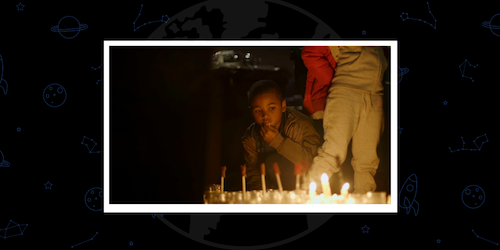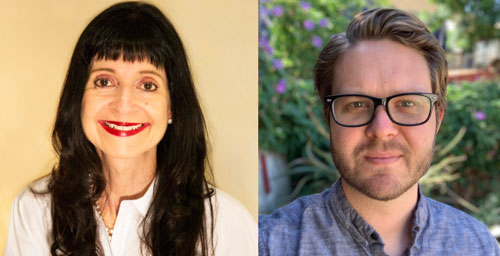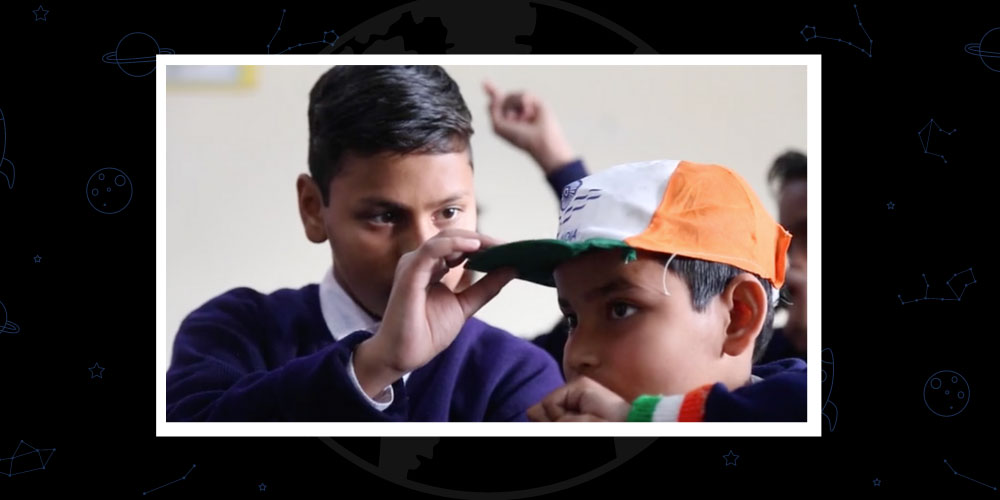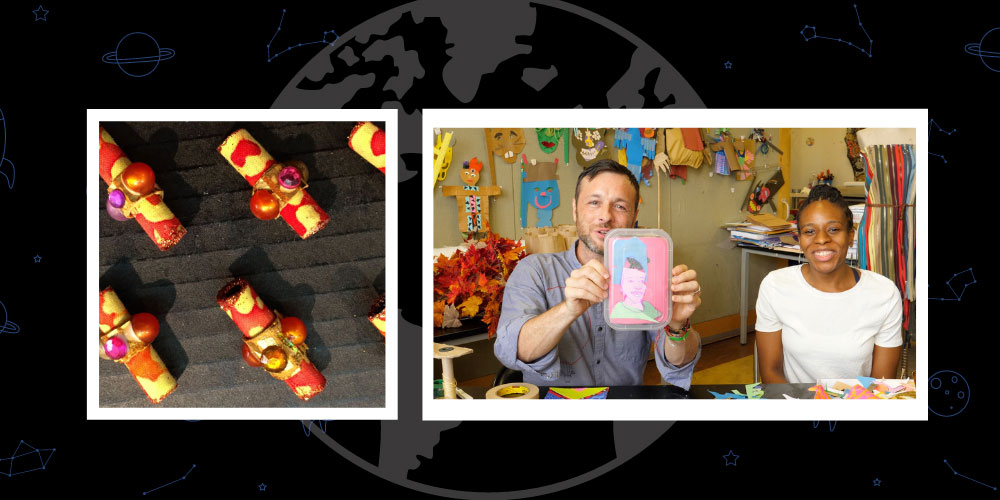This Month on the Planet Classroom Network YouTube Channel, audiences can screen Director Lucas Guilkey’s gut-wrenching documentary, What Happened to Dujuan Armstrong? (curated for the Planet Classroom Network by SIMA Classroom).
In this directorial debut, Guilkey follows the cover up of a young man’s mysterious death in a county jail, and his mother Barbara Doss’s fight for truth and justice. Armstrong had been serving weekend sentences for a burglary conviction, but one weekend, he never came home. The audience joins Barbara in her quest for justice, as she travels to the county board of supervisors, the cemetery where Dujuan is buried, rallies and protests, the jail itself, and finally, to a climactic confrontation with the sheriff. What will it take for her to uncover the truth?
The film won best documentary at the BAFTA student film awards and was nominated for a SIMA award. The Global Search for Education is pleased to welcome Lucas Guilkey.
Lucas, the deaths of inmates while in police custody are being brought to light and questioned more, thanks in large part to the tenacity of their loved ones like Dujuan Armstrong’s mother, Barbara Doss, human rights organizations, and criminal justice activists. How can change be brought about to require facilities like the Alameda County Sheriff’s Office to disclose body camera footage in a timely manner when such cases arise?
There is a growing movement today to challenge the unilateral power of sheriffs across the country. This is undergirded by the work of journalists such as Jessica Pishko. There are over 3,000 county sheriffs in this country, and they are often elected with little to no opposition, which results in very few checks and balances on their power.
After Dujuan Armstrong died, his mother Barbara was not even able to get the coroner’s report, or any clear answers to how he died. She didn’t begin receiving this information until about one year later, after prosecutors chose to not file any criminal charges against the deputies. During that year, California actually implemented a new law requiring law enforcement officers to release body camera footage when officers commit acts of violence. But in Dujuan’s case it was too little too late.
The growing movement to hold sheriffs accountable, or even to abolishing our legal punishment system as we know it, really needs to involve all of civil society – journalists, activists, those most impacted, everyday citizens, and elected policymakers at the county, state, and national levels to really hold our sheriffs accountable and fight the constant fight to make sure all humans are treated as humans.
Although an executive, legislative, and a judicial branch exist in the California penal system, state statute mandates that the sheriff, a member of the executive branch, has “sole and exclusive authority over the jail”, to include acting as the coroner who determines the cause of inmates’ deaths. This edict very clearly grants too much unchecked power to one individual, making impartial death investigations of incarcerated individuals very unlikely. How might films like yours assist activists and lawmakers to overhaul this authoritarian form of governance to allow for a more effective system of checks and balances?
My hope is films like this galvanize people, reach their emotional core, their intellectual curiosity, and their rage at injustice.
Films have a unique way of bringing together our left and right brains through storytelling and provide a powerful jumping off point for movement organizing. My hope is that films like these can move a wide range of people, including legislators.
What do you believe are the main takeaways for your audience in your film? How do you hope your film will make a difference?
I would like for Dujuan’s name to be known. I would like Barbara Doss to be fully seen by a world that is trying to erase her and her son. And I would like the unilateral power of sheriffs to be weakened and replaced by democracy rooted in human dignity so that we may all one day get free.
C.M. Rubin and Lucas Guilkey
What Happened to Dujuan Armstrong? (curated for the Planet Classroom Network by SIMA Classroom) can be seen now on the Planet Classroom Network YouTube Channel.







Recent Comments